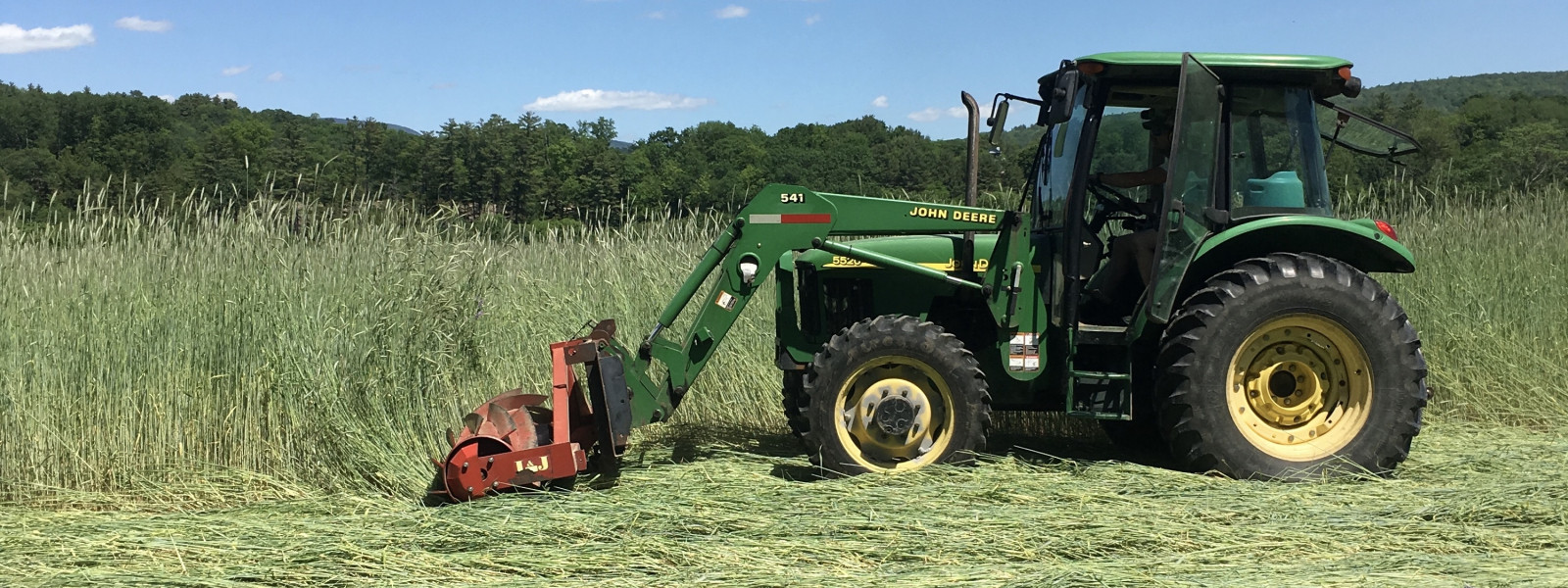
Tips
You searched for compost and found 15 tips.
- Brussels Sprouts : Tips from Seed to Harvest – These nutritious miniature cabbages are often under celebrated and even disliked. Don’t give up on them though! It is well worth noting that often store bought Brussels sprouts are picked too early – it shows in their bitter flavor and tough texture. Picking them fresh from the farm or garden after a few frosts sweetens the flavor and makes them tender, offering a whole different experience! Read more →
- Carrots, Beets, Parsnips, and Similar Roots: Storage Tips – Storing food in small amounts is easy, but in larger quantities it can be tricky in our increasingly energy efficient homes. Root vegetables store best in the refrigerator. Here are some more tips for keeping them longer. Read more →
- Compost: Turn food waste into soil nutrients! – Compost is an important soil amendment made of decomposed plant matter including food scraps. You can make right it in your backyard! With the right recipe, your compost heap will not omit bad odors, will lighten the load (and cost) of your trash, and will greatly reduce greenhouse gas emissions from landfills. Adding compost to soil helps to restore the organic matter content allowing for greater moisture and nutrient retention and providing necessary food for essential microorganisms that live in healthy soil. Read more →
- Container Gardening – Don’t let lack of space keep you from gardening! Read on to learn how to grow successfully in containers. Read more →
- Fertilizing Young Plants – Memorial day weekend is traditionally the time to plant the warm weather garden crops like tomatoes, beans, cucumbers, melons, squash, peppers, eggplant, basil, lavender, rosemary, and all the other tender annual flowers, herbs, and veggies. Young bedding plants do best with a fertilizer boost when planting. Read on to learn more about fertilizing young plants. Read more →
- Nematodes 101 – Nematodes are microscopic, worm-like organisms that live in the soil. A single handful of garden soil can contain thousands. While some nematodes can cause harm to plants, others can help your garden thrive. Read more →
- Onions and Garlic: Storage Tips – Storing food in small amounts is easy, but in larger quantities it can be tricky in our increasingly energy efficient homes. Onions like a cold, dark, and dry place for the best results. Here are some more tips for storing onions. Read more →
- Onions: All About Them – Onions are the most widely cultivated species in the Allium genus. There are many different varieties, from spring to yellow to red to green to shallots, many of which can be used interchangeably. Read more →
- Pest: Squash Bug – Even though they have the most gorgeous eggs, you don’t want to find these on the undersides of your squash plants. Find out about the ways to keep these bugs at bay using natural methods and processes. Read more →
- Planting Garlic – As the winters get shorter, we plant our garlic later. It used to be late September as the nights begin to cool and the light fades, but these days the best time to plant your garlic in the northern New England climate is more like mid October to early November. Encouraging strong root growth before the freeze helps to sustain healthy and vigorous spring growth. Seeing the first garlic shoots in the spring is one of our earliest spring green pleasures on the farm. Read more →
